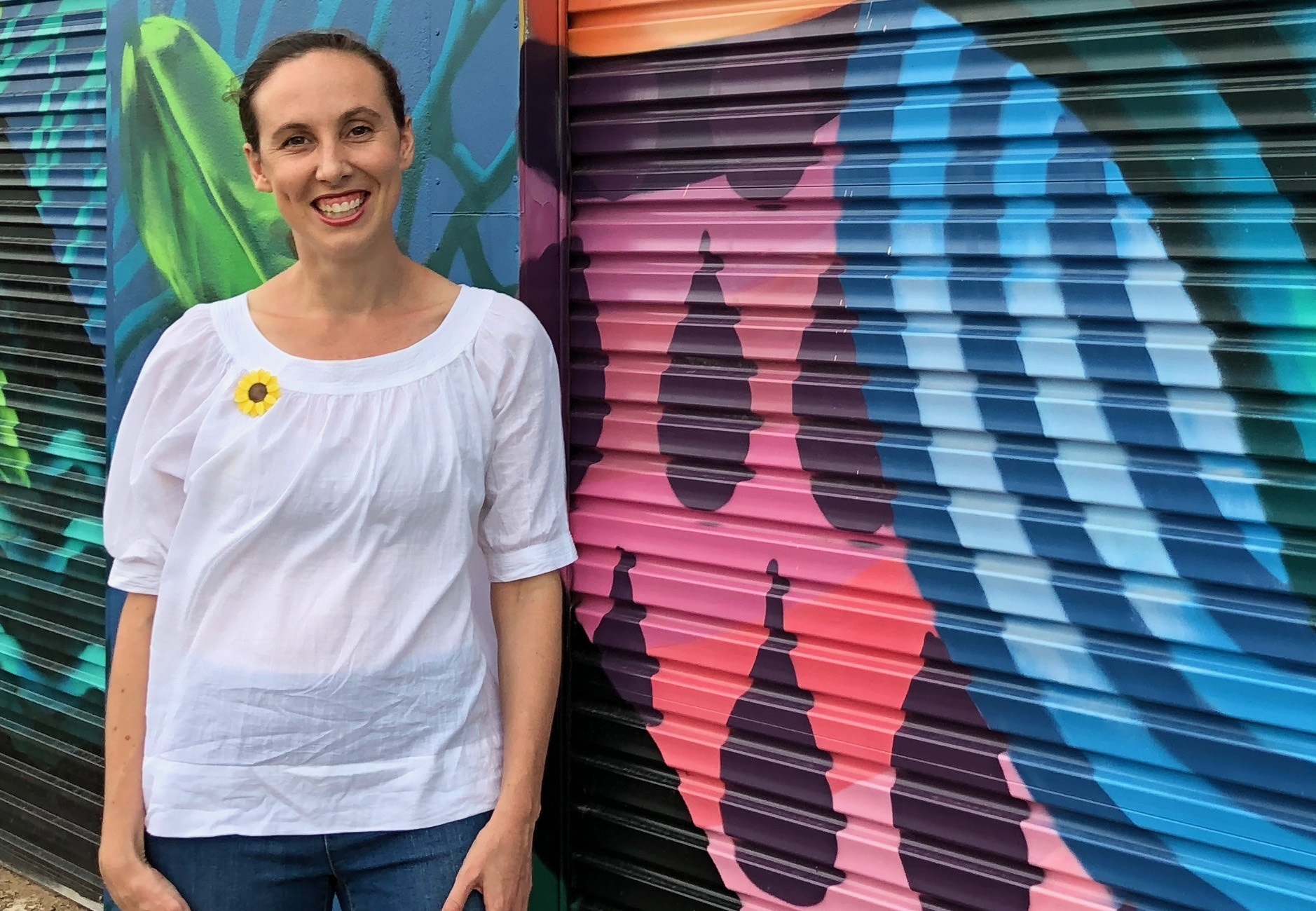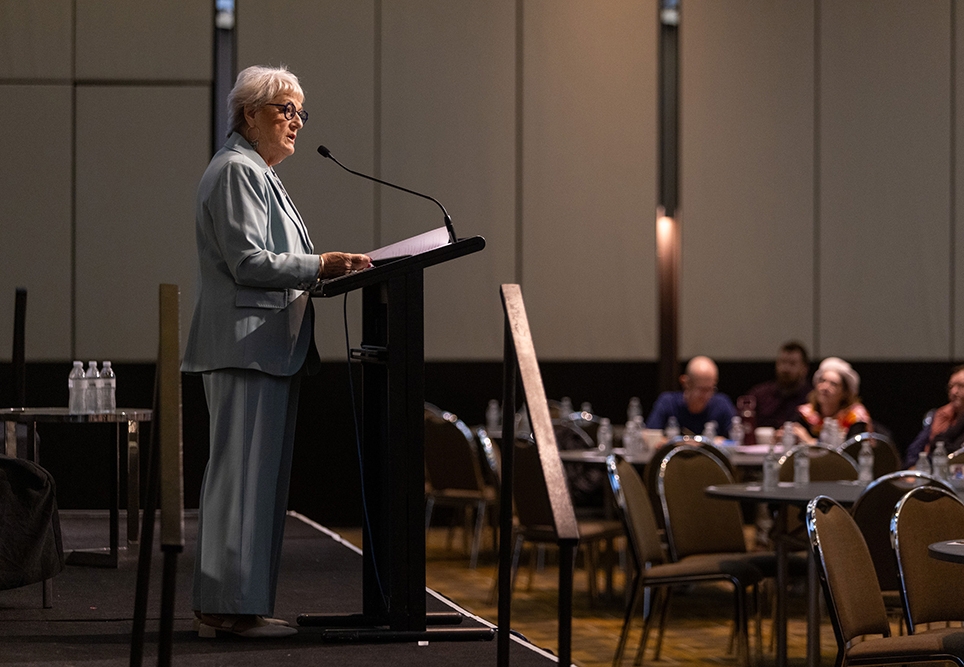
“Most nurses and midwives say they’ve had very minimal formal education about mental health practice,” says Mental Health Nurse and CRANAplus Mental Health Emergencies Course Coordinator, Amanda North.
“Yet well over 50% of clinicians are saying they’re seeing people with mental health issues on a weekly or fortnightly basis – in some cases even daily.”
Why undertake mental health training as a nurse or health practitioner?
The most immediate benefit is the potential to secure improved mental health outcomes for clients who present with acute mental illness, severe distress, and substance or alcohol use.
“It’s also about clients staying confident in their health service and staying engaged across the board,” Amanda says.
“If people have a positive experience in mental health, they are more likely to engage in physical, ongoing health care.”
Clinicians themselves can develop their ability to set up a solid foundation for specialised care and become well-rounded generalists.
“Health practitioners finish the course feeling they can have a positive impact on clients, and that mental health is not something they have to dodge, avoid, or immediately refer elsewhere,” Amanda says.
“They can gain baseline skills and knowledge, so when they are communicating with specialist teams or speaking to the Medical Officer, they can feel more confident in their assessment and decision-making together.”
What skills does the MHE Course teach?
“The MHE course teaches soft skills around client engagement, clinical skills around mental state examination and risk assessment,” Amanda says.
“It is about assessing clients when they’re presenting, often in crisis. It’s mostly acute-focused, but the skills can be used across the board to engage clients and talk about mental health issues.
“We use a Five Os Framework to provide a structure to help clinicians when they maybe feeling out of their depth. We look at how to openly engage with the client, how to observe for signs of illness, how to consider underlying medical issues, how to seek collateral and/or ask specific questions and how to make referrals and organise evacuations.”
Scenarios are tailored to remote practice, and factor in a lack of resources, a smaller team, and physical distances.
“If a young person presents with suicidal thoughts, we don’t say you refer them to the child and youth team, or keep them in ED,” Amanda explains.
“We make it about what can be achieved safely with the available resources – such as your assessment, engaging with family, organising a safety plan including perhaps a follow-up the next day. It’s about the best care for the client and that’s not always evacuation”
“Or to give another example, using communication skills to encourage the client to have a medication rather than taking a more assertive or restrictive approach that may be available in an urban ED.”
The convenience of online learning
The MHE Course is now available in both face-to-face and online formats. Spots are still available for two online courses this year, scheduled from 18 July to 12 September, and 6 October to 1 December.
“For the online course, the beauty is that there are opportunities to ask questions and engage over an extended period,” says Amanda.
“If a case presents at work or you are not sure about the content, there are plenty of opportunities to ask. It often emerges that professionals are not alone in facing challenges.”
The MHE Online Course is held over eight weeks and features three scheduled Zoom sessions. Outside of these sessions, clinicians can complete the two hours of weekly study at a time that suits them.
“For many remote area nurses, mental health training is usually not mandatory,” Amanda says in conclusion, “but when an individual presents with a mental health emergency, it can be just as decisive as your physical health training. We know these are skills clinicians need to use regularly.
“It is often up to the individual, or their clinic or employer, to recognise the importance of this kind of training and to gain mental health skills to positively impact their community and gain the confidence that they’re following best practice.”


